Among the more obnoxious things I’ve read in the wake of Anthony Bourdain’s death is that if only he had been a man of faith, he wouldn’t have taken his own life. Consider the almost sneering commentary offered by Bill Donohue, President of the Catholic League for Religious and Civil Rights, in a syndicated piece written less than a day after the rogue chef’s body was found hanging by the belt of his bathrobe in a Strasbourg hotel room. “If Anthony Bourdain had been a religious man, would he have killed himself? Probably not,” writes Donohue. “Bourdain was raised by his Catholic father and Jewish mother, though neither of them saw fit to raise him any religion … [Bourdain] said his views of religion were similar to those expressed by Christopher Hitchens, the British atheist. This is why the atheist organization, Freedom from Religion, was so proud of him.”
Not only is the tenor of Donohue’s sentiment completely tone-deaf and insensitive, his claim that Bourdain—or, for that matter, any other atheist suicide victim—could have been saved by religion is presumptuous and misleading. In his unabashed efforts to show why Catholicism is superior to other religions (he touts his book The Catholic Advantage while writing about Bourdain’s suicide), Donohue points out that regular churchgoers are less likely to kill themselves. He’s right. But it turns out it’s a little more complicated than Donohue would have us believe. The church buffering effect against suicide that he’s alluding to, in fact, has almost nothing to do with faith. Rather, the correlation comes from churchgoers being part of an active community, one with formal rituals encouraging social engagement and regulated moral support. It’s what’s known as the “network theory” of religion and suicide, first articulated by Émile Durkheim in the late 19th century. In his famous treatise Suicide (1897), Durkheim reported that, despite their matched religiosity, Protestants were more likely to take their own lives than Catholics, a puzzling observation given that suicide is proscribed in both forms of Christianity. But Protestants are permitted free inquiry, have fewer formal rituals, and are characterized by more permeable groups.
This general trend—that it is church attendance, not simply religion, that protects people against suicide—has been found in study after study ever since. So, when Donohue writes that “those who are regular churchgoers have a much lower rate of suicide than atheists like Bourdain,” he’s conflating (and I suspect deliberately so) religious behavior and theism.
When it comes to suicide, the existence or nonexistence of God, or belief therein, is far less consequential than the tumult of our social lives.
There’s another, more inconvenient, statistic that Donohue fails to mention, which is that devout people who experience religious strain—for instance, because they’re convinced that they’ve committed a sin too major to be forgiven—are actually more likely than their nonreligious peers to take their own lives. Feeling alienated from God, such religious individuals are at a heightened risk of behaviorally accelerating His wrathful sentence. Over the centuries, propagators of every Christian denomination, and most other world religions as well, have admonished their followers that anyone so foolish as to die by their own hand will suffer in Hell eternally. But if you see yourself as having done something so unforgivable that you’re going to Hell anyway, that’s not much of a preventative.
And anyway, such fearmongering about the afterlife is to little avail when it comes to the genuinely suicidal. When one is in this altered psychological state, they are cognitively compromised. Their sense of time is affected so that the present feels intolerably long. “Life just slowly drips out,” said one suicidal person. Abstract and philosophical thinking are also impaired when in this state. The person has trouble imagining the future. And even if they could, Hell would be a welcome reprieve from the stifling, insufferable conditions in which they’re living. In fact, in China, where reincarnationist beliefs are common, being religious is also tied to increased suicide risk. “To some Chinese individuals,” explain the researchers Jie Zhang and Huilan Xu, “death is a solution to all the problems and the beginning of a new life…those who got into extremity are likely to think about starting a new life by ending this miserable one quickly.”
Empirical data aside, what is especially irritating about Donohue’s approach to the problem is his seeming obliviousness to how difficult it is—impossible, even—for a rational, nonbelieving, intelligent suicidal person like Bourdain to suddenly quarantine their skepticism and become religious. Similar to Bourdain, my mother was Jewish and my father Lutheran, both of the shoulder-shrugging persuasion. And also like Bourdain, suicidal feelings certainly aren’t alien to me. Virtually no research on the childhood origins of atheism has been done, but I do know that being an atheist isn’t a decision that I’ve made; it’s a way of seeing that has been calibrated my whole life long by factors beyond my control. I couldn’t find succor in religion if I tried. The skeptical mind, once formed, just doesn’t work that way.
Perhaps, as Donohue implies, Bourdain would still be alive if his Catholic father bothered to indoctrinate him into a blind faith that demanded his unquestioning adherence to an illogical doctrine, but he also wouldn’t have been the Anthony Bourdain the world knew and loved. Unfettered to the pews of his native New Jersey, he went soul searching in an epic existential quest, and he arguably found it (in the metaphorical sense, of course), breaking bread with the poor in earthquake-ravaged Haiti, dining on everything from boiled tarantulas in Cambodia to Swahili donuts in Zanzibar, and forcing uncomfortable American viewers to watch the plight of street orphans in Nicaragua digging for their food in trash dumps.
Bourdain was, as the journalist Jaime Poniewozik so evocatively wrote, “an evangelist of the senses.” Through our taste buds—those most visceral and wondrously transformative receptors—he set out to showcase our species’ shared humanity. He called himself “the misanthrope, the curmudgeon, the malcontent, the cynic…even the asshole,” but Bourdain was a great humanist, constantly striving to overcome the kinds of petty differences between people that small-minded men like Donohue are so keen to emphasize and exploit. ![]()
About the Author
Jesse Bering is Director of the Centre for Science Communication at the University of Otago, New Zealand. He is an experimental psychologist by training and author of the forthcoming book Suicidal (University of Chicago Press). His previous books include The Belief Instinct and Why is the Penis Shaped Like That? He has written for Scientific American, The New York Times, Discover, The Chicago Tribune, The New Republic, Vice, Slate, the Guardian, and others. He has been featured on such media as Through the Wormhole with Morgan Freeman, Conan, Chelsea Lately, NPR’s “All Things Considered” and the BBC.
About the Portrait
The image at the top of this page is of Anthony Bourdain during the Peabody interview for Parts Unknown (May 19, 2014), by Peabody Awards [CC BY 2.0], via Wikimedia Commons (cropped).
This article was published on June 11, 2018.


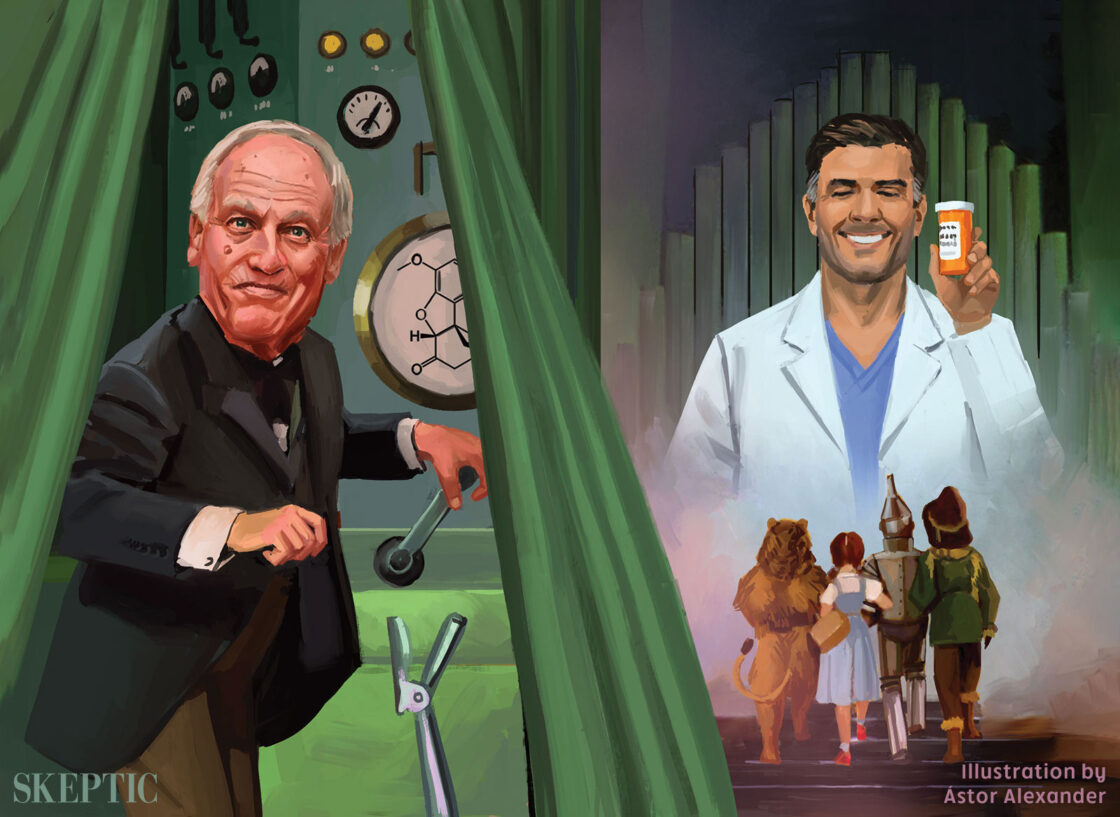
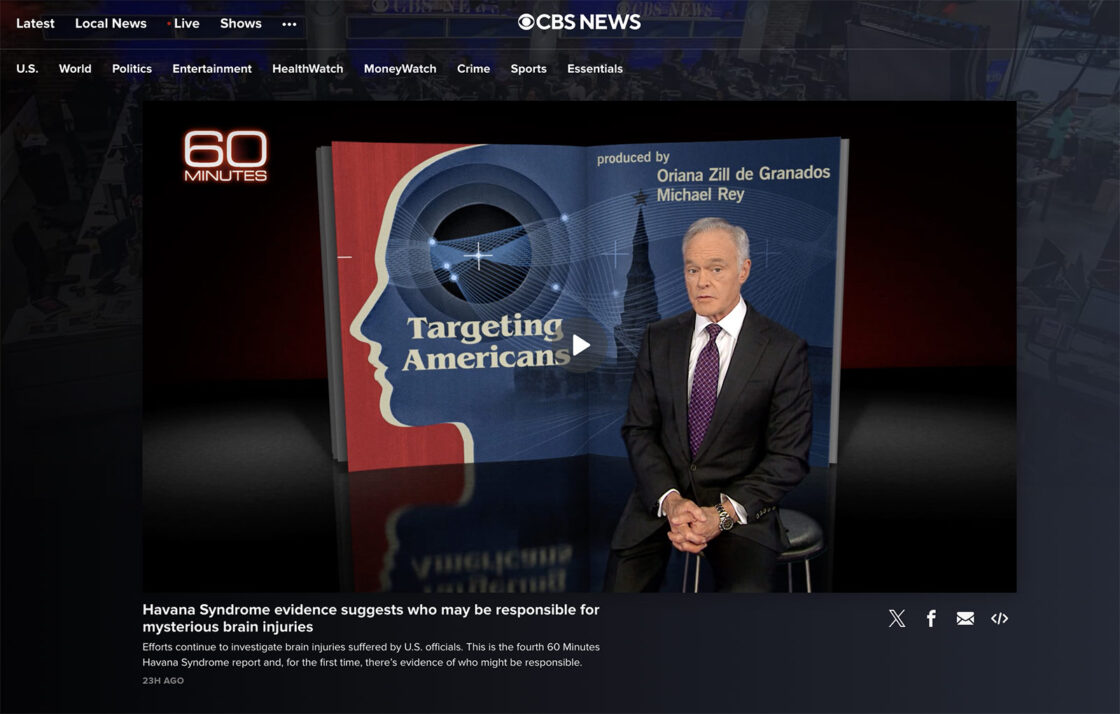
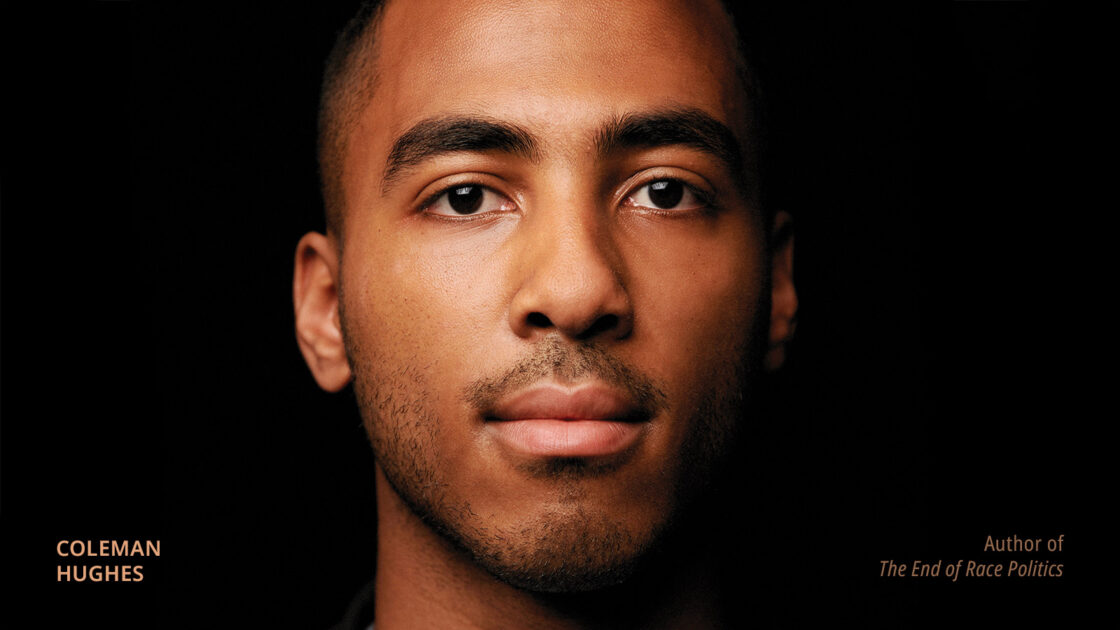
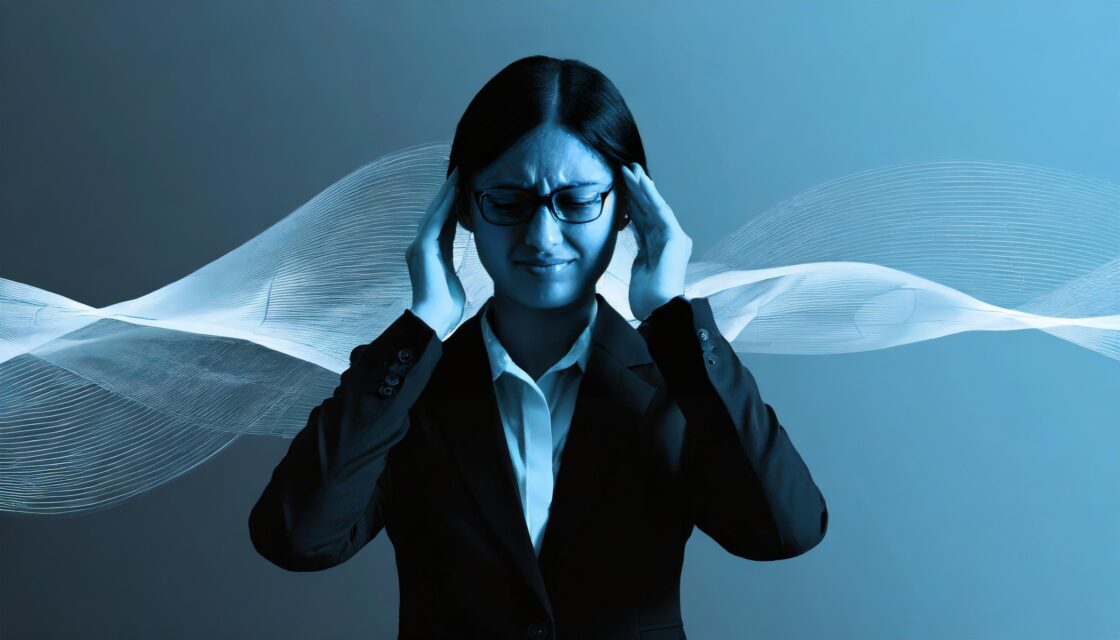
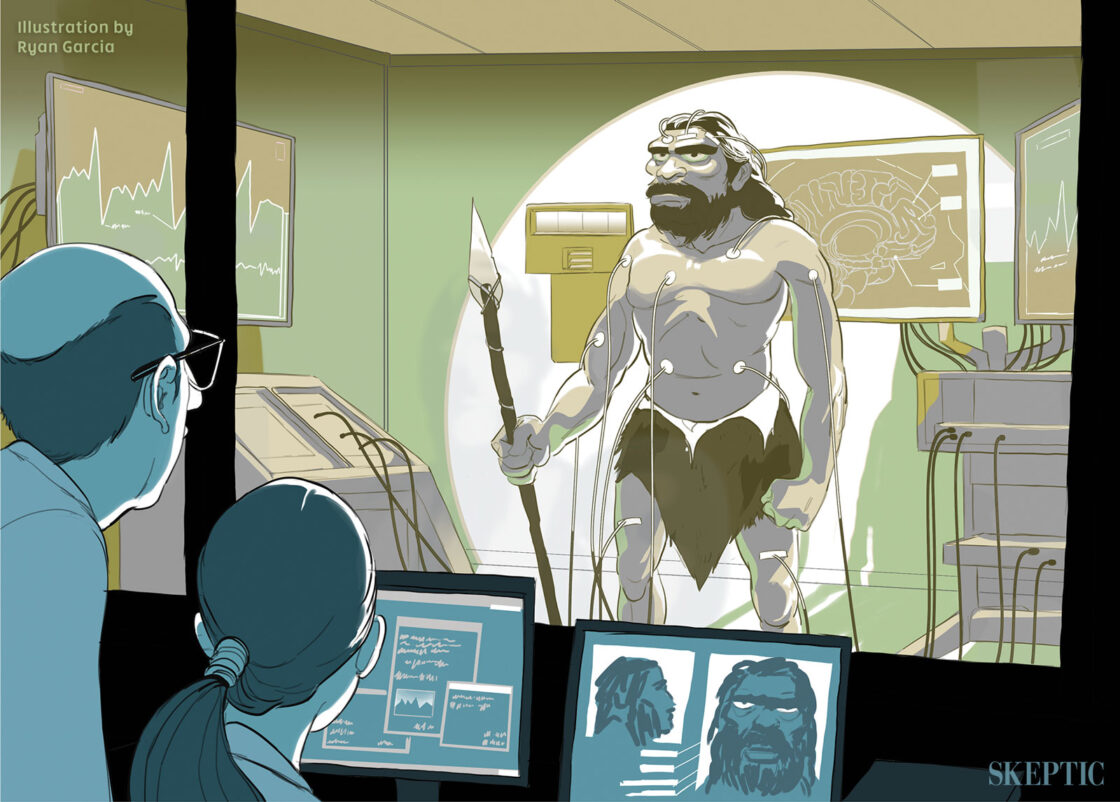
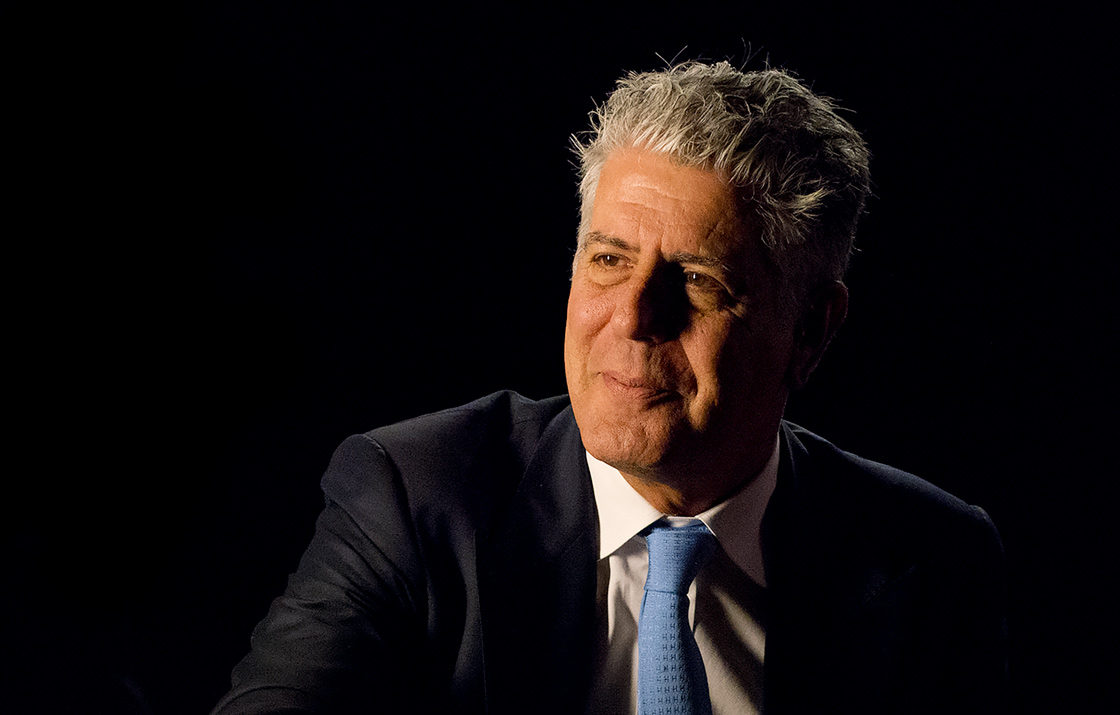










Please google and read American psychiatric Association and click “what is depression”
Mary.
You show a total lack of understanding and compassion when it comes to depression. Stress leads to anxiety and anxiety leads to depression which leads to suicide. Depression is a illness the same as cancer or any other fatal illness. How Christian of you to want to punish people for being sick. Ya why not make it illegal to survive cancer as well? Cancer also creates issues for insurance companies. Let’s threaten them with homelessness and make them penniless that should kill them for sure! Let me guess which states have suicide as a crime? Are they in the Bible Belt? To take our own life is not something anyone does lightly, it takes guts. We don’t wake up and think “ will I go to the gym? Oh no I will take my own life today. By the time it comes to this a lot of suffering as gone on for a long time! People need help not threats.
In response to No. 15, “Suicide Survivor,” some States it is illegal to commit suicide! Granted I have not actually seen these statutes and therefore cannot list States. But it makes sense because insurance companies have legal issues to defend as well as in many circles suicide is something that they think should be deterred. To live in such a State would therefore mean that any attempt had better end in success; if not, the individual faces criminal charges with penalties that can make them homeless and penniless.
Troy.
You show a total lack of understanding about suicide. I should know! Although I have never taken recreational drugs like abusing alcohol or heroin I do know it’s not drugs that lead to depression but almost always depression that leads to drugs as a deperate escape from anxiety and depression. The easiest way to take your own life if you are addicted is to take an over dose. Depression is the most common disease with 1/3 of people having suffered at least one severe bout. To blame Anthony for his drug addiction as if to say “ we’ll it’s his own fault h shouldn’t have taking drugs” is part of the problem. There is now a world wide understanding that drug eddiction should not be treated as a crime but as a sickness. The worst possible thing for someone with depression and drug addiction is to lock them in jail. They need counseling and therapy and understanding.
.
Love how many Christians are leaving comments. Not meant in a condescending way.
Just one question. Would churches accept atheists into their church espousing their views like I accept you doing so here ?
How Christian of you.
And Alex, although there are those Christians who have trouble loving the sinner, but not the sin, this is what God is expecting of all who have been forgiven of any sin. From those who make gods of things and people, to those who lie, lust or who make try to love someone that is of the same sex as they.
The Bible says all have sinned. And we need to appreciate Gods gift of salvation and celebrate that gift to all others.
That said we who find forgiveness, in Christ also share the responsibility to also share that sin, any sin, will destroy the sinner. That is why God tells us that the wages of sin is death. Without God, sin will run rampant and will immediately destroy the sinner. God is the one that holds back the affects of sin, giving the sinner the opportunity to realize the need of Christ and His salvation, and to accept Him as their Savior.
Making this need known to the sinner is not hatred. It is the loving warning sent from God through the saved sinner, or Christians asking them, inviting them, to turn from sin and find their place in Him.
Being religious will not guarantee you eternal life either. That is dependent upon your relationship with God and with His Son Jesus.
And that is what gives you the strength to meet the problems that you are confronted by from moment to moment. Knowing God and His Son, means that you have first hand experience with your Savior. And you know that there is nothing that satan can throw at you that has not been looked at and scrutinized by Jesus who makes sure that you can overcome anything.
To Alex
I don’t know what message you are trying to convey to me but I think it must one that is unhelpful and destructive! It was 7 and 1/2 years since I tryed to take my own life and I have made a full recovery and gone on to successful run our mutimillion dollar business and have made a contribution to society. If your are suggesting I would be better of dead I can only assume you are a Christian. It saddens me that Christians imply you can’t have morals unless you are Christian. As an atheist I strive to be loving, compassionate and not racist or bigoted. Christian morals say, amongst other things ” love thy neighbor but the bible says don’t love hthy neighbor if he/she is gay, has tryed to take their own life or is a different race than them. I note the bible always refers to “all men!” Infact it leaves out “women” often, this also speaks to prejudice. What are Christian morals? They seem to always conflict with there teachings. (The difintion of hypocrisy).
To Alex
I don’t know what message you are trying to convey to me but I think it must one that is unhelpful and destructive! It was 7 and 1/2 years since I tryed to take my own life and I have made a full recovery and gone on to successful run our mutimillion dollar business and have made a contribution to society. If your are suggesting I would be better of dead I can only assume you are a Christian. It saddens me that Christians imply you can’t have morals unless you are Christian. As an atheist I strive to be loving, compassionate and not racist or bigoted. Christian morals say, amongst other things ” love thy neighbor but the bible says don’t love thy neighbor if he/she is gay, has tryed to take their own life or is a different race than them. I note the bible always refers to “all men!” Infact it leaves out “women” often, this also speaks to prejudice. What are Christian morals? They seem to always conflict with there teachings. (The difintion of hypocrisy).
Troy.
Really ?
We can debate who he was, what he stood for, what he believed etc., but to insinuate that he was a “druggy” and that caused his suicide ? Not nice.
I don’t know. Neither do you.
All I know is I enjoyed his point of view, his tv shows, and I felt “akin” to him in a certain way.
Some people resonate with us, some don’t. He certainly did with me.
Maybe it was drugs. Maybe not. But I won’t publicly put it out there that it could have been. I liked the guy that much.
Marcel
Let’s not forget that Anthony B. was admittedly a heroin addict at one time in his life. I can’t help but wonder if he had secretly relapsed recently. Will there be a toxicology report?
davo
Respectfully I think you misunderstood me. You are talking about Intrinsic religiosity (the spiritual) and extrinsic (the mechanical). I thought I was clear, obviously I am not. I said that to enjoy the advantages of the extrinsic you don’t need to adapt the intrinsic.
beringer Accepted the advantages of the extrinsic religiosity. I Assume his attack on Donahue came more from the gut Then from logic.
noe
Thanks for your question. I mentioned cognitive dissonance previously because what interests me in this discussion (prompted by Anthony Bourdain’s tragic suicide) is how individuals chart their way between religion-as-truth and religion-as-therapy. The scale of possible trajectories is obviously very broad. Some people can happily engage in all the practices, rituals and other public manifestations associated with a set of beliefs and benefit from the sense of community this provides while still radically doubting that the beliefs are true (religion-as-therapy). I found this pointless in the end simply because I ceased to derive any therapeutic value from a community based on epistemic commitments (religion-as-truth) that no longer held weight.
Suicide survivor
Alex seems to be as insensitive as BeringER
DAVO
Could you can expand On your personal experience? I can expand on mine, I go to Torah Class every week, I consider myself a good friend of the Rabbi (Orthodox). He knows I am agnostic and skeptic. We have very good discussions. He does not mind. I also attend regular services.
CCCranmer
What I read was that the aspect of attending services regularly and being part of a community Was the Reason for the lower suicide rate, not that goD intervenes
A question and a comment:
1. If God is so powerful and righteous why does he allow any of his flock to commit suicided?
2. I can’t help thinking there might be a problem with the statistics. For instance, people who attend church might be disproportionately older or whiter. Where can we find the raw data?
To the ‘suicide survivor’ above: if you’ve survived suicide, then you’re not very good at it!
I think it could be argued that a real Christian goes to church and is an active member of a Christian community. If this is the case, then the finding that church-goers are less likely to commit suicide means that Christians are less likely to commit suicide.
noe
Personal experience, but I acknowledge that people have different ways of dealing with the cognitive dissonance of living with conflicting worldviews
davo
no idea what makes you think you’ll need to trade your intellectual integrity to join the club. I don’t know if your opinion is based on experience or just pure speculation
It’s well attested that being part of a close community of the kind that religions promote may bring psychological benefits and mitigate against depression and suicide. However, it makes little sense to leave out of the picture that these personal benefits depend heavily on sharing the beliefs that make the community what it is. The idea that you can somehow trade in your intellectual integrity for the member benefits of joining the club is both shallow and disreputable.
“If Anthony Bourdain had been a religious man, would he have killed himself? Probably not,” writes Donohue.
Donohue is correct. Fewer than half of religious men kill themselves.
So, then, Durkheim’s ‘network theory directly contradicts Sartre’s “Hell is other people”. Trouble is that networks
(” being part of an active community, one with formal rituals encouraging social engagement and regulated moral support”) can also lead to suicide – e.g., Jonesboro, Order of the Solar Temple,Heaven’s Gate, Then there’s the self-immolation of Buddhist monks, or the seppauku of Japanese, the suicide bombers of Islam. Theist or atheist, one or many: no easy answer.
I Am able to understand The insensitivity issue, but Bering himself says in the second paragraph “He’s right. But …”The But has a lot to do With extrinsic religiosity against intrinsic Religiosity. The fact remains that even the author recognizes that Donahue Is right even if for the wrong reasons.
When will people stop using the word COMMITTED when someone takes there own life? This implies a sin or a crime. Although it was once a crime ( and how bad was that ) it is no longer a crime, although some still think it’s a sin. As a suicide survivor I find this to be the most horrible thing someone could say to me. This shows the greatest lack of compassion someone could have, something that religious people arrogantly claim to have a monopoly on. A religious person once told me What I did was selfish!!
https://cruxnow.com/global-church/2017/07/04/rise-priest-suicides-prompts-call-helpline-ireland/
How interesting that one of the issues is the loss of domestic servants.
I was a “born again Christian” for 20 years until I finally saw the light, and during that time I personally knew several people who committed suicide and had been considered devout believers. The BS never ends!
Is everyone who attends church religious?
Is everyone who claims to be Catholic, Protestant, Muslim or Buddhist religious?
What is true religious faith? If you are a true Christian, do you not believe in a God who can forgive any sin no matter how grave? If you think a sin is unpardonable, are you truly a Christian?
If you are a Christian, do you believe that despite grief, depression, loss, and conflict, that there is a purpose for you life? If so, would a true Christian end her/his life?
Otherwise, would not a Christian, knowing what awaits them on the other side of death, have a substantially higher rate of suicide?
Some thoughts for my friends to consider.
I’m in Ireland and the church is finally losing its creepy grip. People still need community though… offline real world community. Men especially find it hard towards later life.
While Donohue may be wrong, and may certainly have been inappropriate in his statement, I would hope that the response would stick to the facts and research and not be an antireligious diatribe (“blind faith,” “unquestioning adherence to an illogical doctrine”). It appears that the author confirms Donohue’s position that those who regularly practice religion are less likely to commit suicide, though his explanation is that it is related to social rather than religious reasons. A good discussion of why those who are religious are less likely to commit suicide is the valuable part of this article, and stating value judgments on religion itself seems to diverge from the science that he wishes to cite. He lowers himself by becoming editorial here.
This article would more quickly show Donohue wrong if it simply cited specific professed Christian believers who’ve committed suicide.
One start might be a survey of suicidal Christian pastors, who supposedly hold the deepest faith. Some recent (2012–2013) examples: Isaac Hunter; Ed Montgomery; Teddy Parker, Jr.; Larry Wayne Sanders, Jr.
Jesse, some good points here. I’m going to be citing this in an upcoming show, so thank you. You seem, though, to reduce “religious faith” (read superstition or irrelevant to the subject) to “social behavior” (read the only factor in suicide prevention). This collapses (and somewhat dismisses) the transcendent down into the temporal/social.
It might be helpful to realize that millions of Catholics don’t merely show up to church to be embedded in social support networks (which we happily do), but that we actually believe what the Church and the Bible teach about things like God’s infinite mercy, the promise of eternal life, and the sufferings of hell for those who die in mortal sin, the latter of which is, objectively, the case with suicide, the murder of a person—oneself.
You are 100% right that none of these beliefs comprise a perfect inoculation against suicide. In fact, the devout may be at higher risk since their fellow Christians might ignore warning signs with, “Naw, Joe is fine. He goes to daily Mass.”
Why Bill Donohue pressed send on that brutal, inaccurate post is beyond me, btw.
I recommend this thoughtful piece by psychiatrist Aaron Kheriaty, MD, who happens to be a practicing Catholic: https://www.firstthings.com/article/2017/08/dying-of-despair.
Anyway, sincere thanks for the post.
Best,
Patrick Coffin
http://www.coffinnation.com
What good reasons are there to suppose that what follows death is anything other than what preceded life?
What reasons are there to supposed that the individual who takes his own life did so but for the desire to again not be?
Most suicides take place in a context which includes the current or recent use of alcohol and/or psychotropic drugs by the individual…what reasons are there to suppose that their act was a result of clarity?
Hitchens used to take care of this character on a regular basis.
Does anyone know anything about what follows death? I like everyone else have my beliefs.
Mine are so rarely discussed or shared. When a virus, a bacteria, a worm, an ant, a lion, a dog, or a tree dies we go on.
All ife includes suffering. It ends with death. While alive we are driven to go on by our genes.
Just ignore Donohue. He’s an idiot. He thinks he’s the pope, and he loves the spotlight. The more attention you give him, the more he will pontificate. The precept ‘don’t feed the trolls’ is as true as ever, and Donohue was a troll long before the Web was woven.
I’m an atheist myself, but I do know and respect, and have known and respected, quite a few people who were religious believers in one or another faith. None of them would have made such an arrogant, boorish comment. None of the ones I know, did. Rather, they express sadness that Kate Spade, Bourdoin (whom I despised on other grounds; don’t ask me to cry for him) or anyone else grapples with such deep despair and loses the match, and extend sympathy to the surviving friends and family.
‘Whenever Richard Cory went downtown,/We people on the pavement looked at him’ ….
A good reply to a trite proposition (it’s not clear on what basis Donohue states that religion “probably” would have saved Bourdain). In fairness, for Donohue “religiosity” seems to be bound up with “practice”, so I’m not sure he’s saying having religion on the brain is sufficient to prevent suicide. In any case, as you say, it’s very improbable that Bourdain could have chosen “religiosity”, and Donohue’s suggestion is merely glib and self-serving.
No, Having grown up in a primarily Catholic environment although I am not Catholic, the main reason suicide is eschewed (or was) by Catholics is twofold, one is that they will not be buried within hallowed ground but outside the cemetery thereby bringing shame on their family for generations to come and two, they will remain in purgatory with no hope of escape. I am not sure either fear holds true today except in extremely religious families.
Thank you for writing this response to that tone-deaf and opportunistic preaching by Donohue. Has he no sense of decency?